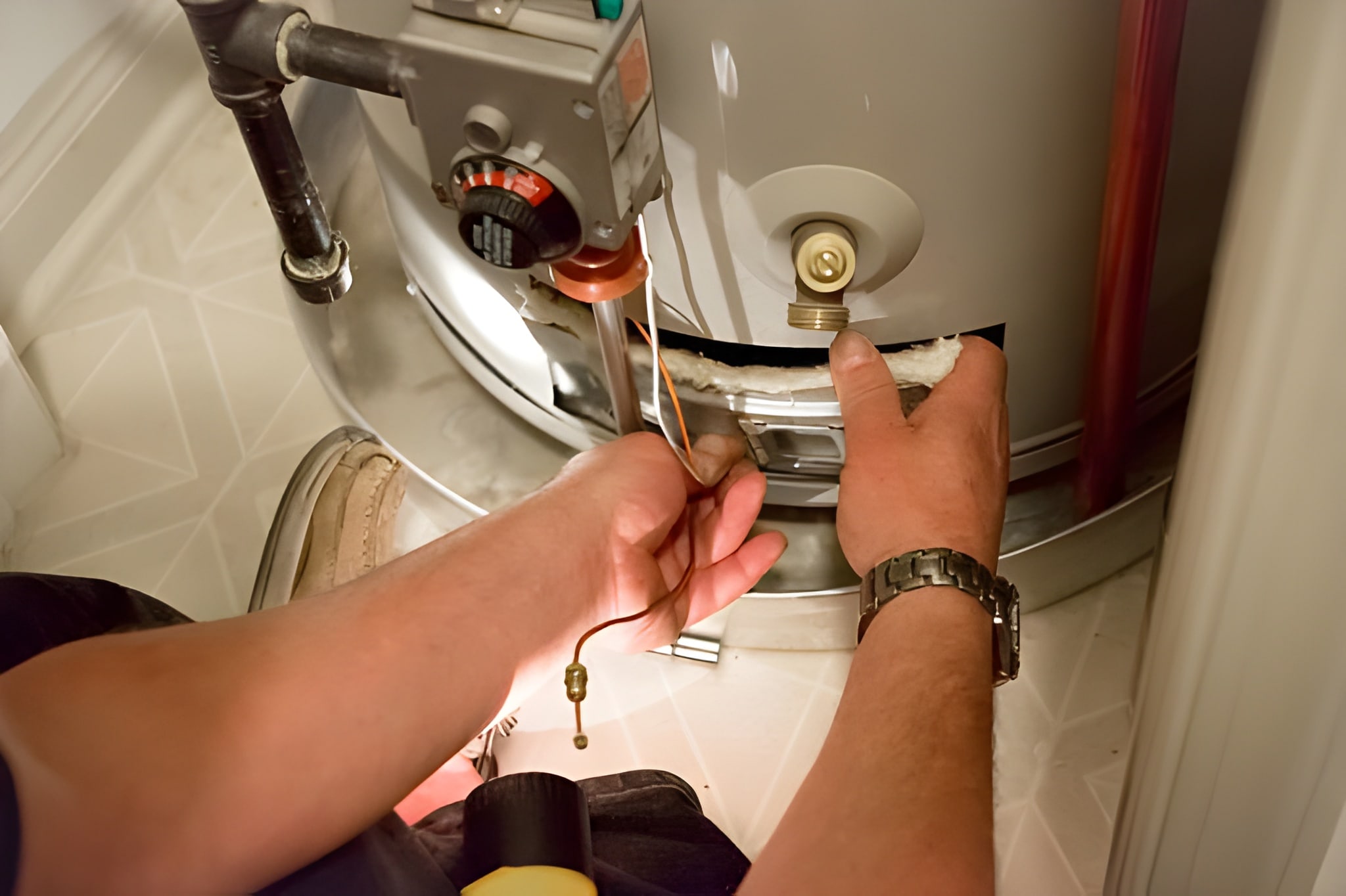Heating Tune-Up in Bellevue, WA
Heating Tune-Up in Bellevue, WA
A seasonal heating tune-up is the single best step Bellevue homeowners can take to avoid a midwinter breakdown, improve comfort, and keep energy bills under control. Bellevue’s mild but long wet season and energy-conscious community mean many homes rely on heat pumps, high-efficiency furnaces, or older hydronic boilers. A thorough heating tune-up inspects, cleans, calibrates, and tests your system so it runs reliably through the colder months common across the Puget Sound region.
Why a heating tune-up matters in Bellevue homes
- Bellevue winters are cool and damp rather than extremely cold, which keeps heating systems running more frequently; that steady use exposes worn components sooner.
- Heat pumps are popular locally for their year-round efficiency, but they need annual checks to maintain defrost performance and refrigerant levels.
- Older homes with boilers or forced-air furnaces can face moisture-related corrosion and clogged condensate drains from prolonged rainy seasons.
- Preventive maintenance reduces the risk of emergency service calls during holiday periods and minimizes inefficient operation that drives up utility bills.
Systems we service
A complete heating tune-up covers the three most common system types in Bellevue:
- Furnaces (gas, electric): burners, ignition systems, heat exchanger inspection, blower cleaning, flue and vent checks.
- Boilers (hot water or steam): combustion inspection, burner cleaning, pressure and expansion controls, safety valve and circulation checks.
- Heat pumps (air-source, ductless mini-splits): outdoor coil cleaning, refrigerant and pressure checks, reversing valve and defrost cycle testing, electrical inspection.
Typical inspection and cleaning checklist
Every tune-up follows a systematic checklist to catch wear, safety issues, and efficiency losses:
- Visual safety inspection of the unit, ventilation, and combustion components.
- Filter check and recommendation for replacement or upgrade (MERV guidance).
- Combustion and carbon monoxide safety tests for gas appliances.
- Heat exchanger inspection for cracks or corrosion (furnaces/boilers).
- Burner and pilot assembly cleaning, ignition system test, and flame pattern evaluation.
- Blower motor and wheel cleaning, lubrication where applicable, belt tension check.
- Outdoor unit coil and fan cleaning (heat pumps), debris removal and drain inspection.
- Condensate drain cleaning and checking for clogs or leaks.
- Electrical connections inspection, terminal tightening, and control board diagnostics.
- Thermostat calibration and temperature differential testing.
- Refrigerant level check and performance assessment for heat pumps; defrost and reversing cycle verification.
- Boiler-specific checks: pressure relief valve, expansion tank condition, circulating pump operation, and zone valve function.
Safety checks and measurements
Safety is central to every tune-up:
- Carbon monoxide testing and flue-vent integrity evaluation for gas-fired equipment.
- Combustion gas analysis when required to ensure burners operate within manufacturer specifications.
- Pressure checks on boilers and verification of safety relief valves.
- Confirmation that safety switches, high-limit controls, and emergency shutoffs function correctly.
- These checks reduce the chance of hazardous failures and ensure your system meets basic safety standards.
Calibration and efficiency optimization
A tune-up does more than clean parts; it returns systems to efficient operation:
- Calibrate thermostats and verify proper cycling to prevent short-cycling, which shortens equipment life.
- Adjust burner and ignition timing for proper fuel-to-air ratio on gas appliances.
- Optimize airflow by cleaning coils, checking ductwork access, and ensuring return and supply paths are unobstructed.
- Recommend filter upgrades or regular filter replacement cadence to protect indoor air quality and system efficiency.
- Identify opportunities for small improvements—like sealing duct leaks or improving insulation around the unit—that produce measurable energy savings in Bellevue’s climate.
What to expect during a service visit
A standard tune-up follows a clear timeline so you know what technicians will do and how long it should take:
- Arrival and safety briefing to explain the scope of work.
- System shutdown and isolation, followed by detailed inspection and cleaning.
- Component tests (electrical, combustion, refrigerant where applicable) and on-the-system calibrations.
- System startup and extended run test to verify proper operation under load.
- Final walkthrough and explanation of findings, including any recommended repairs or parts that need attention.
- Typical durations: most furnace and heat pump tune-ups are completed in about 60 to 90 minutes; packaged systems and boilers can require 90 to 120 minutes depending on complexity and accessibility.
Common problems found during Bellevue tune-ups
- Dirty coils and condensate clogs in outdoor heat pump units from wet months.
- Weak blower motors or dirty blower wheels causing uneven heating and reduced airflow.
- Low refrigerant or failing defrost cycles on heat pumps, reducing winter performance.
- Cracked heat exchangers or worn burner assemblies in older furnaces and boilers—safety concerns that need prompt attention.
- Corroded flues or blocked vents in homes with limited outdoor clearances or landscaping encroachment.
Recommendations to avoid winter breakdowns
- Schedule annual tune-ups in early fall to catch issues before sustained cold spells.
- Change or upgrade filters seasonally and keep return grills free from furniture or curtains.
- Keep outdoor heat pump units clear of leaves, debris, and dense landscaping to maintain airflow and drainage.
- Install or test carbon monoxide detectors near sleeping areas if you have gas-fired equipment.
- Enroll in a maintenance plan for prioritized scheduling and routine inspections to extend equipment life and preserve manufacturer warranties.
The long-term benefits of regular tune-ups
Regular heating tune-ups keep Bellevue homes safer, more comfortable, and more efficient. Preventive visits reduce emergency repairs, maintain manufacturer warranties, and help systems deliver predictable performance across the damp Pacific Northwest winter. Over time, a well-maintained system runs more quietly, cycles less frequently, and uses less energy—delivering better indoor comfort for you and lower lifetime operating costs.
A professional, seasonal tune-up is an investment in reliability and safety. For Bellevue homeowners who depend on efficient heat pumps, reliable furnaces, or older boiler systems, an annual inspection and service visit is the best way to avoid cold nights, costly emergency repairs, and unexpected inefficiencies.

Customer Testimonials
Service Areas



